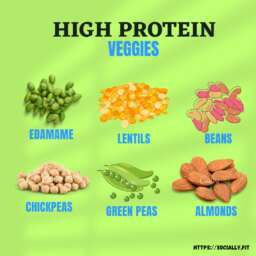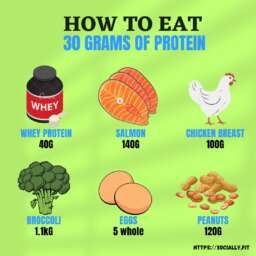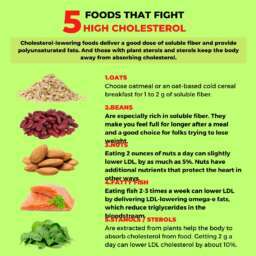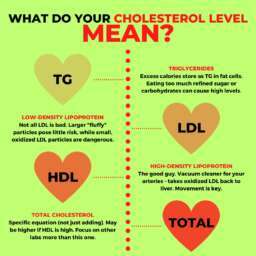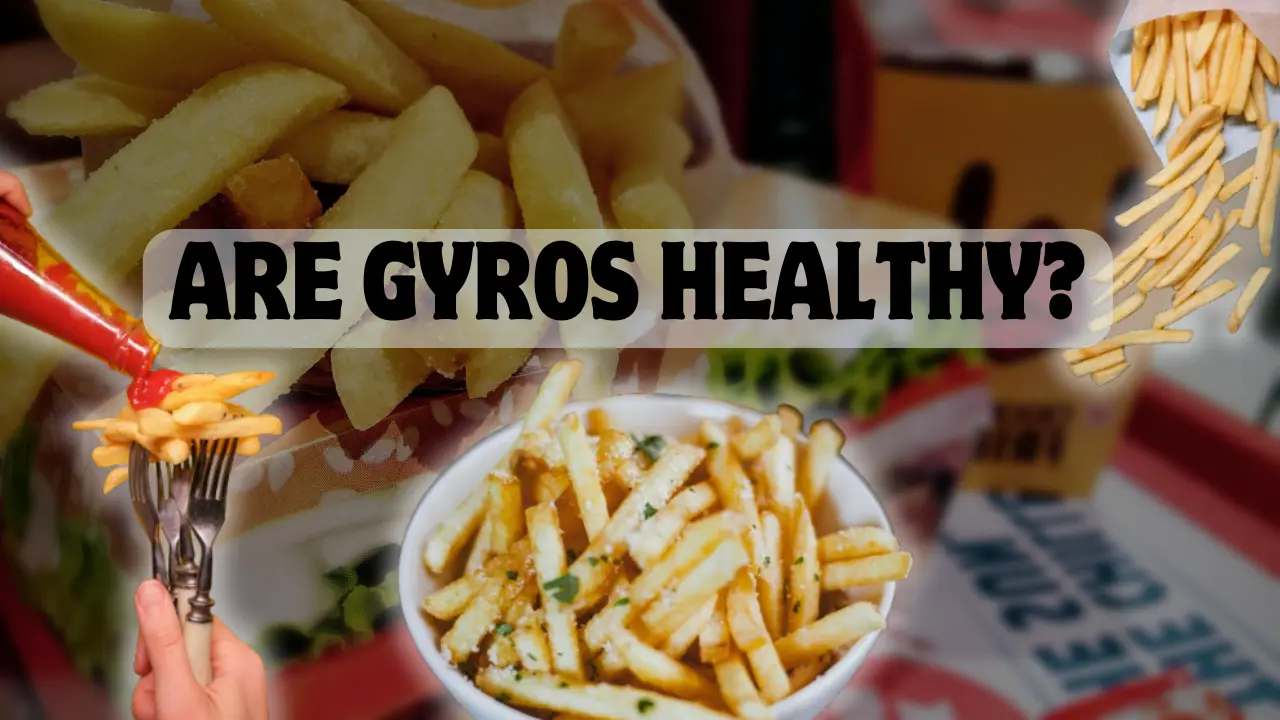Are Gyros Healthy? Exploring the Nutritional Benefits and Concerns.
Discover the truth about gyros! Learn about their nutritional value, health benefits, and potential concerns. Find out how to make healthier choices and whether gyros can fit into your diet.
Understanding Gyros

What Are Gyros?
Gyros are a traditional Greek dish consisting of meat (usually lamb, beef, or chicken) cooked on a vertical rotisserie. The meat is thinly sliced and served in a pita or wrapped in flatbread, accompanied by vegetables like tomatoes, onions, and lettuce, and topped with tzatziki sauce.
The History of Gyros
Gyros have a rich history, originating in Greece. The dish draws inspiration from the Turkish doner kebab, with the method of cooking meat on a rotating spit being similar in both cuisines. Over time, gyros have gained popularity worldwide and are now enjoyed in various forms across different cultures.
Are Gyros Healthy
Nutritional Value of Gyros
| Nutrient | Amount per Serving | Description |
|---|---|---|
| Calories | 500-800 | Caloric content can vary based on serving size and ingredients. |
| Protein | 20-30 grams | Gyros are a good source of protein, essential for muscle repair and growth. |
| Fat | 20-30 grams | The fat content can vary depending on the type of meat used and preparation method. |
| Carbohydrates | 40-60 grams | Mainly from the pita or flatbread used to wrap the gyro, providing energy. |
| Fiber | 2-5 grams | The fiber content may vary based on the inclusion of vegetables and whole grains. |
| Sodium | 800-1200 mg | Gyros can be high in sodium, especially from processed meats and sauces. |
| Vitamins | Varies | Gyros provide some vitamins, primarily from vegetables and meats, but amounts may vary. |
| Minerals | Varies | Minerals such as iron and zinc are present in gyro ingredients but in varying amounts. |
Please note that these values are approximate and can vary depending on factors such as portion size, ingredients used, and preparation methods.
Analysis
- Watch Portion Sizes: Opt for smaller portions or consider sharing a gyro to manage calorie intake, as the calorie content can range from 500 to 800 per serving.
- Choose Leaner Meats: Select gyros made with lean meats like chicken or turkey to reduce fat content while still enjoying the protein benefits.
- Load Up on Veggies: Enhance the nutritional value of your gyro by adding extra vegetables like lettuce, tomatoes, and cucumbers to boost fiber and vitamin content.
- Mindful of Sauces: Be cautious with creamy sauces like tzatziki, which can add extra calories and sodium. Consider asking for sauces on the side and using them sparingly.
- Opt for Whole Grain: Choose whole grain pita or flatbread for your gyro to increase fiber intake and promote feelings of fullness.
- Balance with Other Meals: Enjoy gyros as part of a balanced diet, incorporating plenty of fruits, vegetables, and whole grains throughout the day.
- Limit Sodium Intake: Be mindful of the sodium content in gyros, especially if you have high blood pressure or are watching your sodium intake for other health reasons.
- Hydrate Well: Drink plenty of water when consuming gyros, as the high sodium content may increase thirst and the need for hydration.
Are Gyros Healthy
Health Benefits of Gyros

- Rich in Protein: Gyros are packed with protein, which is essential for building and repairing tissues, supporting muscle growth, and maintaining overall body function.
- Source of Essential Nutrients: Gyros contain various essential nutrients such as iron, zinc, and vitamin B12, which are important for energy production, immune function, and red blood cell formation.
- Promotes Muscle Recovery: The protein content in gyros can aid in post-workout muscle recovery, helping to repair muscle tissue and reduce soreness after exercise.
- Satiety: The combination of protein, fats, and carbohydrates in gyros can promote feelings of fullness and satisfaction, helping to control appetite and prevent overeating.
- Boosts Metabolism: Protein-rich foods like gyros can boost metabolism, as the body requires more energy to digest and metabolize protein compared to fats and carbohydrates.
- Supports Bone Health: Gyros made with meats like lamb or beef provide important nutrients like phosphorus and magnesium, which are essential for maintaining strong and healthy bones.
- Heart Health: While gyros can be high in saturated fats, choosing leaner cuts of meat and limiting added fats can make them a heart-healthy option, especially when enjoyed as part of a balanced diet.
- Enhances Brain Function: The protein and fats in gyros play a role in brain health, supporting cognitive function, memory, and overall mental well-being.
Are Gyros Healthy
Potential Concerns

- High Calorie Content: Gyros can be calorie-dense, especially when served with large portions of meat, bread, and sauces, which may contribute to weight gain if consumed in excess.
- Saturated Fat: Some types of gyros, particularly those made with fatty meats like lamb or beef, can be high in saturated fat, which may increase cholesterol levels and risk of heart disease when consumed in large amounts.
- Sodium Content: Gyros often contain high levels of sodium, especially from processed meats and sauces, which may contribute to high blood pressure, fluid retention, and other health issues when consumed regularly.
- Processed Meats: Gyros often contain processed meats like gyro meat or sausage, which may contain additives, preservatives, and high levels of sodium and saturated fat, posing health risks when consumed frequently.
- Potential for Cross-Contamination: Cross-contamination may occur during the preparation of gyros, especially in restaurants or fast-food establishments, increasing the risk of foodborne illnesses such as E. coli or Salmonella.
- Quality of Ingredients: The quality of ingredients used in gyros can vary widely, with some establishments using lower-quality meats, processed ingredients, and artificial additives, which may impact nutritional value and overall healthfulness.
- Allergen Concerns: Gyros may contain common allergens such as wheat (in the pita or flatbread), dairy (in sauces like tzatziki), and soy (in processed meats).
- Portion Sizes: Oversized portions of gyros served in restaurants or food trucks may contribute to overeating and excessive calorie intake, making it challenging to maintain a balanced diet and healthy weight.
Are Gyros Healthy
5 Tips for Making Healthier Gyros

Choose Leaner Meats:
Opt for lean cuts of meat such as chicken or turkey instead of fattier options like lamb or beef. Lean meats contain less saturated fat and calories, making them a healthier choice for your gyro. Additionally, you can trim any visible fat from the meat before cooking to further reduce the fat content.
Load Up on Fresh Vegetables:
Incorporate plenty of fresh vegetables into your gyro to boost its nutritional value. Add toppings like lettuce, tomatoes, cucumbers, onions, and bell peppers for extra fiber, vitamins, and minerals. These colorful veggies not only enhance the flavor and texture of your gyro but also provide essential nutrients for overall health.
Use Whole Grain Pita or Flatbread:
Instead of traditional white pita or flatbread, opt for whole grain varieties to increase the fiber content of your gyro. Whole grains are rich in fiber, which promotes digestive health, helps regulate blood sugar levels, and may reduce the risk of chronic diseases like heart disease and type 2 diabetes. Look for whole grain options at your local grocery store or consider making your own whole grain flatbread at home.
Choose Lighter Sauces and Dressings:
Be mindful of the sauces and dressings you use in your gyro, as they can significantly impact its calorie and fat content. Instead of heavy creamy sauces like tzatziki, opt for lighter alternatives such as hummus, Greek yogurt-based sauces, or simple vinaigrettes made with olive oil and vinegar. These lighter options still add flavor and moisture to your gyro without excess calories and saturated fat.
Control Portion Sizes:
Pay attention to portion sizes when assembling your gyro to prevent overeating and excessive calorie intake. Use smaller amounts of meat and sauces, and focus on filling your gyro with plenty of veggies for added volume and nutrition. Consider sharing a gyro with a friend or saving half for later if the portion is too large. By controlling portion sizes, you can enjoy a satisfying and nutritious gyro without consuming too many calories.
Are Gyros Healthy
What are the main nutritional components of gyros?
Gyros boast a rich array of nutritional components, making them a flavorful and satisfying meal choice. At the heart of a gyro lies its protein content, typically derived from meats like lamb, beef, or chicken cooked on a vertical rotisserie. Protein is essential for muscle repair and growth, making gyros a valuable source for individuals seeking to meet their daily protein needs. Alongside protein, gyros contain carbohydrates, primarily from the pita or flatbread used to wrap the meat and toppings. These carbohydrates provide energy to fuel daily activities and exercise.
Additionally, gyros are often packed with an assortment of vegetables such as lettuce, tomatoes, onions, and cucumbers, adding essential vitamins, minerals, and fiber to the meal. Topped off with creamy sauces like tzatziki, gyros offer a balance of fats that contribute to satiety and flavor. However, it’s important to be mindful of portion sizes and the potential for high calorie and sodium content in some gyro variations. Overall, gyros provide a diverse range of nutritional components that contribute to a well-rounded and satisfying meal option.
Are Gyros Healthy
How do the nutritional profiles of traditional gyros and other popular fast food options compare?
| Nutrient | Traditional Gyros | Fast Food Burger | Fast Food Fried Chicken | Fast Food Pizza | Fast Food Salad |
|---|---|---|---|---|---|
| Calories | Moderate to High | High | High | High | Low to Moderate |
| Protein | Moderate to High | Moderate | High | Moderate | High |
| Fat | Moderate to High | High | High | High | Low to Moderate |
| Carbohydrates | Moderate | High | Low to Moderate | High | Low to Moderate |
| Fiber | Low to Moderate | Low | Low | Low | High |
| Sodium | Moderate to High | High | High | High | Moderate |
Analysis:
- Calories: Traditional gyros typically have moderate to high calorie content, similar to fast food burgers, fried chicken, and pizza. Fast food salads tend to have lower to moderate calorie content.
- Protein: Gyros provide moderate to high levels of protein, similar to fast food fried chicken. Burgers and pizza also contain moderate amounts of protein, while salads are typically high in protein.
- Fat: Gyros contain moderate to high levels of fat, similar to fast food burgers, fried chicken, and pizza. Fast food salads tend to have lower to moderate fat content.
- Carbohydrates: Traditional gyros have moderate carbohydrate content, similar to fast food burgers and pizza. Fried chicken tends to have lower to moderate carbohydrate content, while salads are typically lower in carbohydrates.
- Fiber: Gyros usually have low to moderate fiber content, similar to fast food burgers, fried chicken, and pizza. Fast food salads are typically high in fiber due to their vegetable content.
Are Gyros Healthy
How does the preparation method affect the healthiness of gyros?

The preparation method significantly influences the healthiness of gyros. Traditional gyros are typically prepared by stacking seasoned meat on a vertical rotisserie and slowly roasting it until tender and flavorful. This method allows excess fat to drip away from the meat as it cooks, resulting in a leaner and healthier final product. However, some modern variations of gyros may involve frying or grilling the meat, which can add extra fat and calories to the dish.
Additionally, the choice of ingredients and cooking techniques for accompanying components such as sauces and bread can impact the overall nutritional profile of gyros. Opting for lean cuts of meat, whole grain pita or flatbread, and light sauces made with yogurt or herbs can help enhance the healthiness of gyros. Ultimately, the preparation method plays a crucial role in determining the balance of nutrients and overall healthfulness of gyros, making mindful choices during cooking essential for creating a nutritious meal option.
Are Gyros Healthy
In terms of sodium content, how does a gyro stack up against a typical sandwich from a fast-food chain?
| Item | Sodium Content (mg) | Description |
|---|---|---|
| Traditional Gyros | 800-1200 | Gyros can contain moderate to high levels of sodium, primarily from processed meats and sauces. |
| Fast Food Burger | 800-1200 | Fast food burgers often have similar sodium content to gyros, especially if they contain processed cheese or sauces. |
| Fried Chicken Sandwich | 1000-1500 | Fried chicken sandwiches from fast food chains tend to have higher sodium content due to breading and seasoning. |
| Grilled Chicken Sandwich | 600-900 | Grilled chicken sandwiches typically have lower sodium content compared to gyros and fried chicken options. |
| Veggie Sandwich | 500-800 | Veggie sandwiches usually have lower sodium content than meat-based options like gyros and burgers. |
Analysis:
- Traditional Gyros: Gyros can contain moderate to high levels of sodium, primarily from processed meats and sauces.
- Fast Food Burger: Fast food burgers often have similar sodium content to gyros, especially if they contain processed cheese or sauces.
- Fried Chicken Sandwich: Fried chicken sandwiches from fast food chains tend to have higher sodium content due to breading and seasoning.
- Grilled Chicken Sandwich: Grilled chicken sandwiches typically have lower sodium content compared to gyros and fried chicken options.
- Veggie Sandwich: Veggie sandwiches usually have lower sodium content than meat-based options like gyros and burgers.
Are Gyros Healthy
Conclusion

In conclusion, gyros can be a tasty addition to a balanced diet when enjoyed in moderation and with attention to ingredients and portion sizes. By making informed choices and incorporating healthier preparation methods, you can savor the flavors of gyros while supporting your health and wellness goals.
FAQ

- Are gyros high in calories?
Gyros can be calorie-dense, especially if they contain fatty meats and generous portions of bread and sauces. - Can gyros be made with alternative meats?
Yes, gyros can be made with alternative meats such as turkey or even plant-based substitutes for a healthier option. - Is tzatziki sauce healthy?
Tzatziki sauce can be a healthier option compared to other creamy dressings, as it is typically made with yogurt and cucumber, providing protein and vitamins. - Are homemade gyros healthier than store-bought ones?
Homemade gyros allow you to control the ingredients and portion sizes, making them a potentially healthier choice. - Can gyros fit into a weight loss diet?
While gyros can be high in calories, they can still fit into a weight loss diet when enjoyed occasionally and balanced with other nutritious foods.








